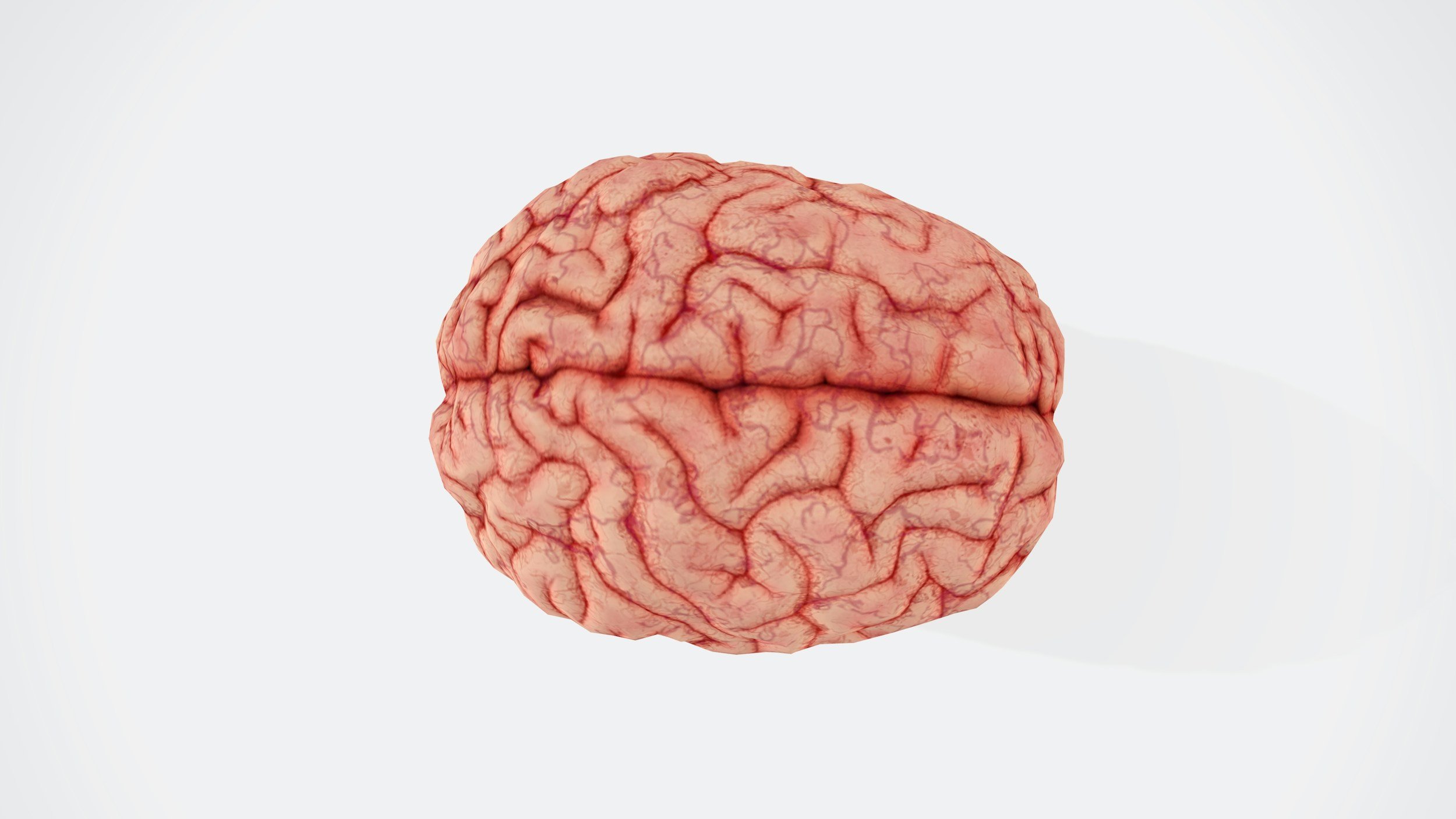
Things Don’t Have to Stay as What They Started Out As: Embracing the Pivot
Inspired by Legends and Lattes, this blog explores what it means to pivot in midlife, and why nothing in your journey has been wasted.

What If Feeling Better Didn't Mean Doing More?
Feeling drained and disconnected from yourself? You're not broken: you're burned out. This post explores why energy and confidence aren’t about pushing harder, but about making small, strategic shifts that work with your brain and body. If you’re ready to feel more focused, grounded, and like yourself again, there’s a free guide and a personalized coaching option waiting for you.

Beyond Projects: How Earning My PMP Deepened My Coaching Practice
Project management and coaching may seem worlds apart, but at their core, both are about supporting human journeys. Learn how earning my PMP certification deepened my coaching practice, blending strategic planning with person-centered growth to help clients achieve lasting success.

Newsletter: April 6
Recent research emphasizes the increasing recognition of neurodiversity in the workplace, alongside the persistent need for more inclusive support and accommodations. Discover key strategies for boosting professional wellness, the growing impact of executive coaching and mentorship, and crucial considerations for supporting professionals with ADHD and women navigating menopause.

The Neuroscience of Burnout Recovery
Burnout doesn’t just leave you tired — it physically changes your brain, affecting focus, memory, and emotional regulation. But recovery is possible. This blog explores how neuroplasticity, self-reflection, and self-compassion can rewire your brain for resilience and personal growth after burnout.

Coaching as a Catalyst
Burnout often feels like an ending, but with the right support, it can become the beginning of profound personal and career growth. This blog explores how coaching helps neurodivergent professionals and midlife women recover from burnout, rebuild confidence, and design careers that align with their strengths, values, and well-being.

Executive Function, Burnout, and Career Growth
Burnout rates among neurodivergent professionals are skyrocketing — and traditional productivity advice is part of the problem. This article explores the link between executive dysfunction, ADHD, and career burnout, showing why conventional approaches to time management and productivity fail neurodivergent professionals. Learn how to build sustainable strategies tailored to your brain.

Burnout and Reinvention
Burnout isn’t just the result of overwork — it’s often a powerful wake-up call that your career no longer fits your values, strengths, or goals. For neurodivergent professionals and midlife women, burnout often leads to career reinvention — redefining success on their own terms. Learn how burnout can spark positive transformation and why coaching plays a vital role in helping you build a career that works for your brain, not against it.

My Journey: Burnout, Advocacy, and Finding My Purpose
Burnout, perimenopause, and an ADHD diagnosis forced me to confront the life I had built, and realize it was time to rebuild. This is my story of walking away, finding my purpose, and becoming an advocate for neurodivergent professionals and women navigating menopause.

Did You Know? Burnout Isn’t Just About Overwork, It’s About Mismatched Values
Burnout isn’t just about long hours — it’s often your body and mind waving a red flag that your work no longer aligns with your values. When what matters to you clashes with what your workplace rewards, every day feels like a battle between who you are and who you have to be. The good news? Realigning your career with your core values isn’t just possible — it’s essential for sustainable success and well-being.

What is: Burnout?
Burnout isn’t just stress—it’s a complete state of physical, emotional, and mental depletion caused by prolonged, unmanaged stress. For neurodivergent individuals, caregivers, and high-achievers, burnout is especially common. Learn how to spot burnout early, understand its root causes, and discover strategies for recovery and sustainable career decisions.

The Hidden Cost of Masking in the Workplace
Masking at work—suppressing neurodivergent traits, emotions, or personal identity—can take a serious toll on mental health and productivity. This article explores the hidden cost of workplace masking, its impact on individuals and businesses, and why fostering authenticity is key to a thriving work culture.

My Journey: Masking and Unmasking
For years, I shaped myself into who I thought I was supposed to be—masking every part of myself to fit in. My late ADHD diagnosis and perimenopause shattered that illusion, forcing me to unmask and rediscover who I truly am. Read my journey through self-discovery, grief, and ultimately, freedom.

Did You Know? Unmasking Doesn't Mean Losing Social Skills
Unmasking doesn’t mean losing the ability to communicate—it means learning to engage in ways that align with your true self. If you’ve spent years masking ADHD or autistic traits, you might worry that letting go means losing essential social skills. But the truth? Unmasking helps you connect more authentically while still using the strategies that genuinely work for you.

What is: Masking?
Masking is a survival strategy used by many neurodivergent individuals to hide their natural traits and conform to social expectations. While it can help in certain situations, chronic masking can lead to mental exhaustion, self-doubt, and emotional burnout. This article explores the impact of masking, why people do it, and how to unmask safely while embracing authenticity.

Did You Know? Taking SSRIs is a Sign of Strength, Not Weakness
Let's talk about mental health. Not in hushed tones or with averted gazes, but openly and honestly. Because the truth is, mental health treatment is often shrouded in misconceptions, outdated narratives, and a heavy dose of stigma. And one of the most persistent—and harmful—myths out there? That taking medication, like SSRIs (Selective Serotonin Reuptake Inhibitors), is a sign of weakness.

What is: an SSRI?
Selective Serotonin Reuptake Inhibitors (SSRIs) are widely prescribed antidepressants that help regulate mood, anxiety, and emotional stability. Learn how they work, common side effects, and alternatives for mental health treatment.

The Overlooked Link: Why ADHD and Menopause Need to Be Studied Together
Many women experience a sudden increase in ADHD symptoms during perimenopause and menopause, yet the connection between hormonal shifts and ADHD remains largely unstudied. As estrogen levels fluctuate, executive function, mood regulation, and focus can all worsen—leading some women to receive an ADHD diagnosis for the first time in midlife. Without research that examines ADHD and menopause together, women are left struggling to manage their symptoms without proper support. It’s time to bridge the gap and advocate for better awareness, diagnosis, and treatment.

Did You Know? Chronic Stress Can Shrink Your Brain
Chronic stress doesn’t just affect your mood—it physically changes your brain. Long-term stress can shrink key areas like the prefrontal cortex and hippocampus, impacting focus, decision-making, and memory. The good news? With the right strategies, you can support neuroplasticity and rebuild cognitive function.

What is: The Gut-Brain Connection?
The gut-brain connection influences mood, focus, and emotional resilience through neurotransmitters like serotonin and dopamine. Learn how gut health impacts mental well-being and discover practical strategies for improving gut balance and reducing inflammation.
